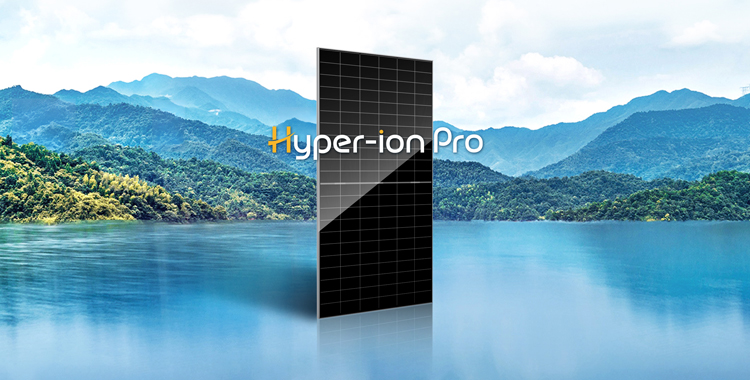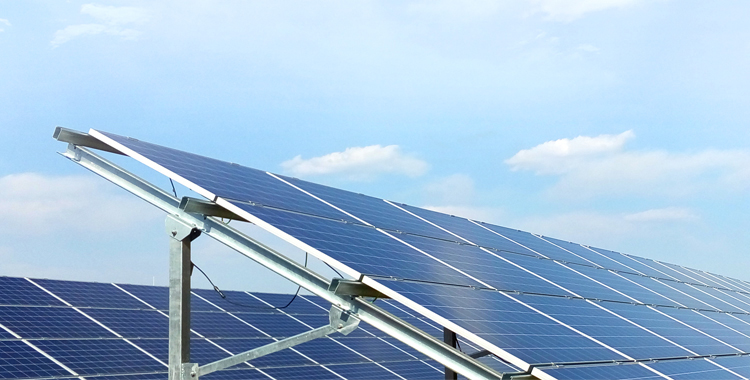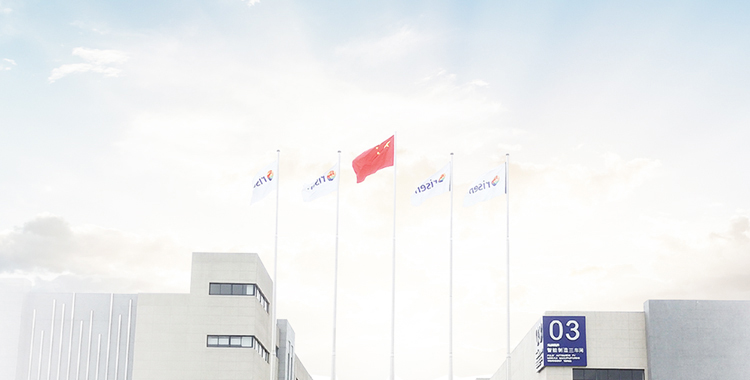Power Generation Gain Reached 6.86%, Empirical Data of Risen Energy’s HJT Hyper-ion Module in Yinchuan and Hainan Released by CPVT
Against the backdrop of carbon neutrality, photovoltaics (PV), as one of the most representative clean energy sources, has become a crucial support for global energy transformation and clean energy development. It is a key pathway to achieve “low-carbon and global climate goals.”
Risen Energy entered the PV industry in 2002 and has over 20 years of experience in PV R&D as well as manufacturing. Throughout the years, it consistently maintained its position as Tier1 player in the industry. From polycrystalline to monocrystalline, full cell to half-cut cell, BSF to PERC, and p-type to n-type, Risen Energy has its own unique insights on every technological and industrial advancement in the industry and keeps pace with it. As the industry continues to pursue the LCOE reduction and low carbon emissions, heterojunction (HJT) technology, which offers higher conversion efficiency, greater power generation, lower carbon emissions, and better technological iteration feasibility, has become Risen Energy’s prime choice. Started R&D in 2018, built a 500MW pilot line in 2019, and now 15GW mass production line for 700W+ HJT Hyper-ion modules is in operation. HJT technology has increasingly demonstrated its technological advantages as a result of the different technological generation gap. Based on the HJT technology, Risen Energy’s HJT Hyper-ion modules, with the highest power, efficiency and electricity generation, have undergone empirical tests labeled as α, β, and γ to verify the electricity generation performance in different capacities, application scenarios, and environments.
Compared
to PV modules with other technologies, HJT products have the most stable power
temperature coefficient. The higher the temperature, the higher the power
generation gain. This is also evidenced by the CPVT empirical data in Hainan
and Yinchuan of Q4, as shown in Figures 1 and 2.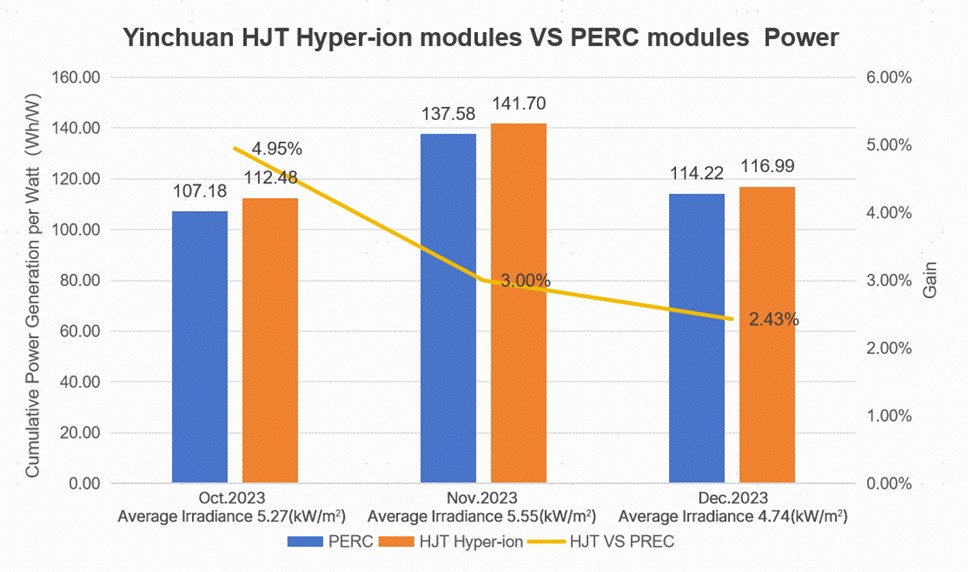
Figure 1: Power Generation Data from the Empirical Study Base in Yinchuan
Figure 1 compares the power generation data of the HJT Hyper-ion modules and the PERC modules at the empirical study base in Yinchuan in 2023Q4. Despite Q4 being the period with the lowest temperature and irradiance throughout the year in Yinchuan, the average power generation gain of the HJT Hyper-ion modules compared to PERC modules can still reach 3.40%. In October, when the average irradiance is 5.27 kW/m2, Risen Energy’s HJT Hyper-ion modules achieve a maximum power generation gain of 4.95%, resulting in a LCOE reduction by approximately 4.72% under the same installation conditions.

Figure 2: Power Generation Data from the Empirical Study Base in Hainan
In comparison to Yinchuan base, the HJT Hyper-ion modules exhibit more prominent power generation performance in hot regions, thanks to their superior temperature coefficient. Risen Energy collected the power generation data of HJT Hyper-ion modules and the PERC modules at Hainan base in 2023Q4. The results indicate that the HJT Hyper-ion modules achieve an average power generation gain of 5.50% compared to PERC modules, as shown in Figure 2. In November, with an average irradiance of 3.44 kW/m2, the power generation gain of the HJT Hyper-ion modules exceeds that of the PERC modules by 6.86%, potentially reducing the LCOE by about 6.42% under the same installation conditions.
According
to Risen Energy’s simulation for over 20 countries and regions with typical
climatic condition, the power generation difference between HJT modules, PERC
modules, and TOPCon modules is shown in Figure 3. The empirical performance of the
HJT Hyper-ion modules at CPVT Hainan base aligns closely with our simulation
results, indicating a 5.51% higher power generation compared to PERC modules.
This also underscores the high reference value of simulated global power
generation comparison.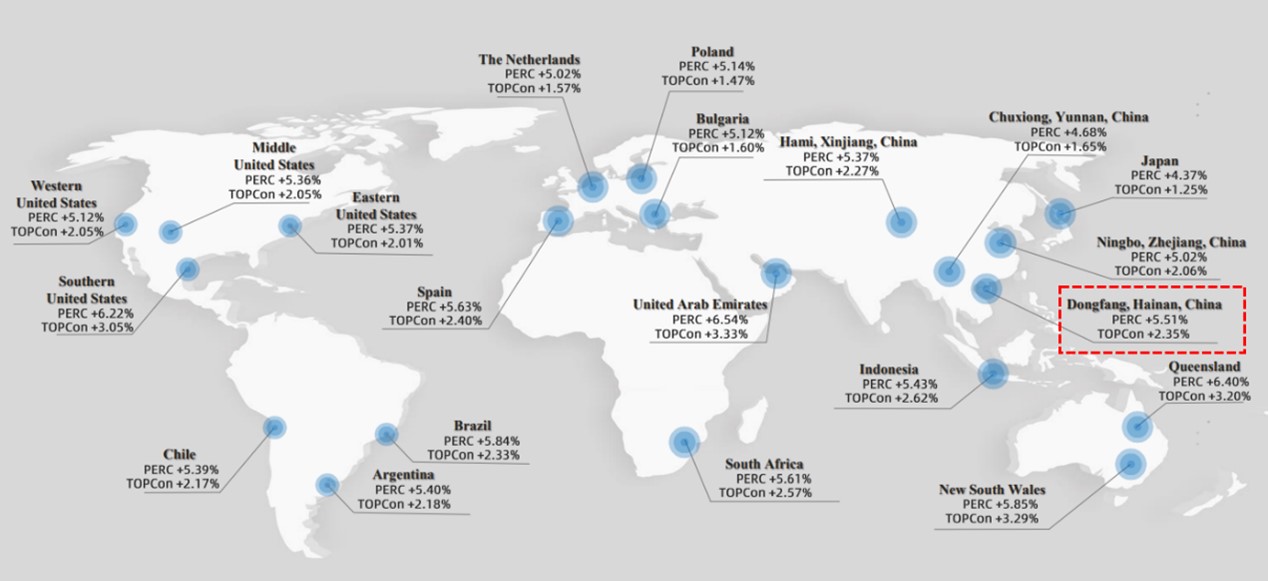 (The
above comparative data is based on simulation using the PVsyst software)
(The
above comparative data is based on simulation using the PVsyst software)
Figure 3: Global Power Generation Simulation Comparison of HJT, TOPCon, and PERC Modules
By extensively researching and validating the power generation performance of different module types, Risen Energy provides strong technical support for the selection of PV product technology routes and reference for customer’s module selection. Risen Energy’s empirical projects are currently well under way, and the company will continue to disclose the empirical data as it is updated and released.

